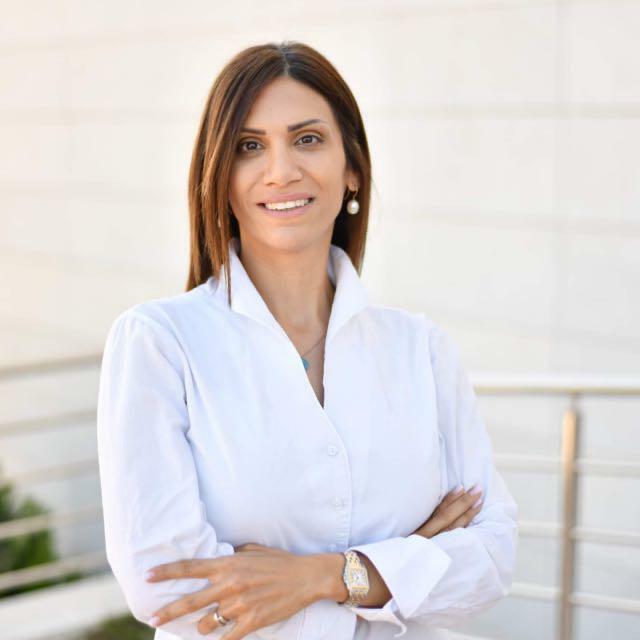Speaking to Fox News Agency, when asked about the development of normalized Saudi-American relations, Saudi Crown Prince Mohammed bin Salman said that the Kingdom is keen to improve the lives of the Palestinians.
Saudi Arabia represents the last card in the Palestinian balance of the game. It is necessary to re-talk about the Arab Peace Initiative. The Palestinian citizen hopes that Saudi Arabia will reject normalization before implementing the Arab Peace Initiative launched by King Abdullah for peace in the Middle East, which was announced at the Arab Summit in Beirut in 2002. It aimed to normalize relations between the Arab countries and Israel in exchange for the establishment of an internationally recognized Palestinian state on the 1967 borders with East Jerusalem as its capital, the return of refugees in accordance with Resolution 194, and Israel’s withdrawal from the occupied Golan Heights. This initiative received the support of all Arab and Islamic countries, while the occupying state neglected it by not responding.
This week, the non-resident Saudi Consul, Nayef Al-Sudairi, visited the city of Ramallah in a very important diplomatic gesture that is considered a tangible development in the level of Arab-Palestinian relations, especially the relations of the Gulf Cooperation Council and Palestine, as the Sultanate of Oman is the only member of the Gulf Cooperation Council that enjoys resident diplomatic representation. In addition to four Arab countries: Jordan, Egypt, Tunisia and Morocco. We hope to witness more Saudi presence in Palestine until a resident diplomatic representation is opened.
In talking about improving the lives of Palestinians, we would like to draw attention to the importance of distinguishing between improving life on the one hand, and rights and needs on the other hand. Abraham Maslow gave us the theory of human needs: At the base of the pyramid, Maslow places physiological needs to ensure the continued survival of the body by providing basic needs for survival such as air, food, water, sleep, and sex. Maslow then presented us with the need for security, and this includes physical safety and job security. Then he moved to social needs, and here we talk about family relationships, friendship, feelings and emotions, then he introduced the need for appreciation, and here we mean respect and trust. Finally, Maslow reached the needs to achieve self-actualization, and this comes through innovation, ethics, problem solving, freedom from stereotypes, and creativity. . The Universal Declaration of Human Rights of 1948 defined basic human rights equally regardless of religion, color, nationality, language, ideological or geopolitical affiliation.
Talking about improving people's lives and providing job opportunities and economic prosperity means providing needs, but the political aspect under negotiation should not address needs. In the 21st century, we can add the Internet (4G/5G), electricity, travel, communication, and study as basic needs that are not subject to negotiation. These are human rights and physiological needs that are not disputed.
There is a lot of talk about an upcoming deal between the Kingdom of Saudi Arabia and Israel, brokered by America. The position of Saudi Arabia and the King’s position on the Palestinian issue was clear and was linked to the Arab Peace Initiative, despite the noise of the American and Western media to the contrary, based on the language of interests and weapons in a pragmatic neoliberal world. Saudi Arabia is the strongest link in these negotiations, and we hope that it will remain the champion of the Palestinian cause, based on the idea that there is no negotiation over immutable rights.



Share your opinion
Saudi Arabia and improving the lives of Palestinians